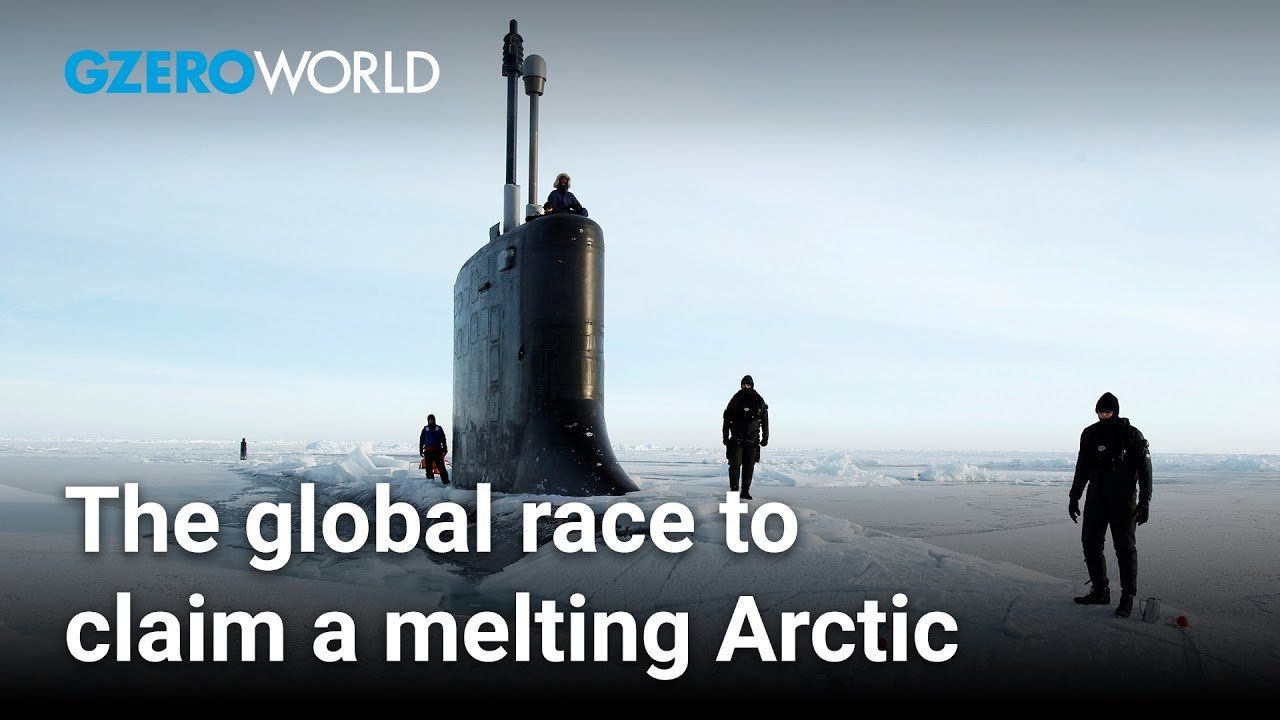August 15, 2024
As climate change warms the planet, the Arctic Circle ice cap will continue to melt. Beyond the ecological implications, a melting Arctic will open up new opportunities for resource extraction, trade routes, and….military operations. Few nations are more keenly aware of this than the United States and its adversaries, Russia, China, and North Korea.
On GZERO World, Ian Bremmer sits with Alaska Governor Mike Dunleavy to talk about how the United States will ensure that its economic and geopolitical interests continue to be met as the Arctic melts. And the threat goes beyond Russia. “China's flexing its muscles in the Bering Strait in the Arctic,” Dunleavy tells Bremmer. “ That's changing as well. So I think as a result of that, you're going to see, I hope to see a different approach by Washington involving our armed forces in Alaska.
Such ramp-ups cannot come a moment too soon, Dunleavy says, since the United States is outmatched when it comes to its presence of the crucial icebreaker ships needed to navigate the arctic passages. “I think what's going to happen is you're probably going to see more discussions on increased navy activity in Alaska,” Dunleavy tells Bremmer, “as well as the need for more icebreakers to joint patrols with our Canadian friends to the East.”
Watch full episode: As the Arctic melts, Alaska's importance grows
GZERO World with Ian Bremmer, the award-winning weekly global affairs series, airs nationwide on US public television stations (check local listings).
New digital episodes of GZERO World are released every Monday on YouTube. Don''t miss an episode: subscribe to GZERO's YouTube channel and turn on notifications (🔔).
More For You
Most Popular
- YouTube
In this Quick Take, Ian Bremmer reacts to President Trump’s State of the Union address, calling it “a rehashing of the greatest hits” with little new policy direction.
Small business hiring surged 7% above the 2024 average in December, led by a surprise rally in retail. But with uncertainty still historically high and mounting concerns over tariffs, can this momentum survive 2026? Explore the data behind the resilience of the US small business sector. Get the latest economic insights from Bank of America Institute.
© 2025 GZERO Media. All Rights Reserved | A Eurasia Group media company.
